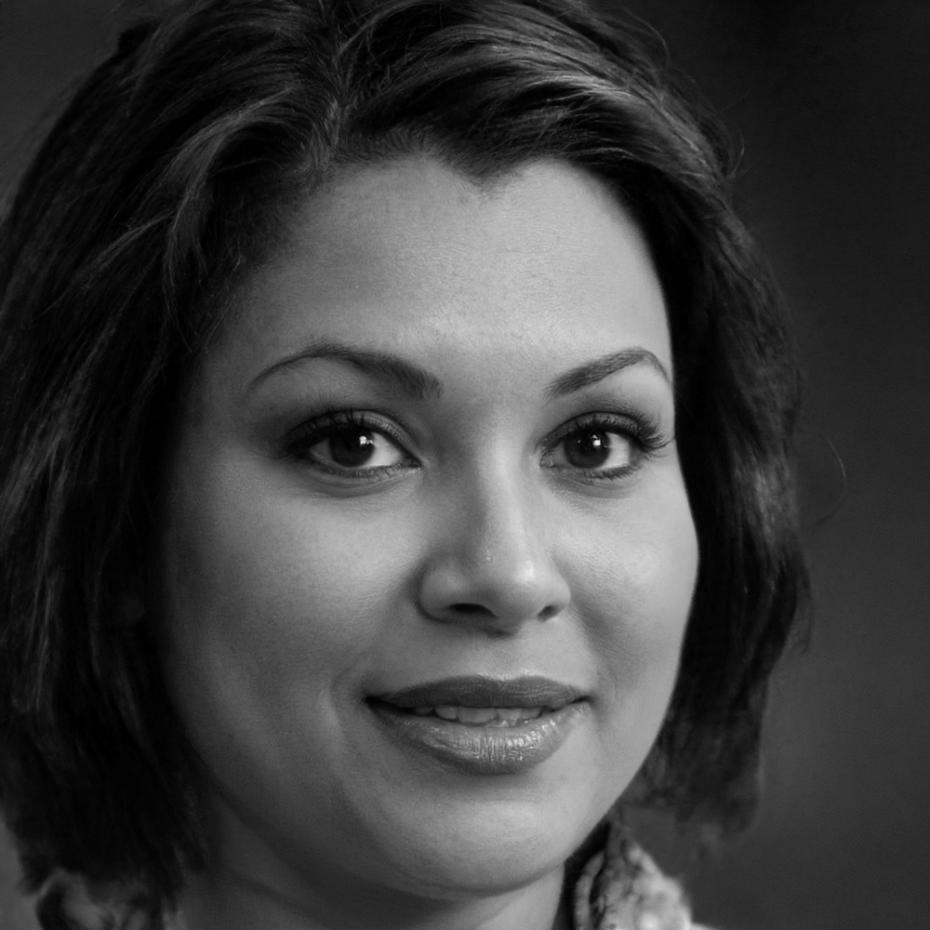Budget Planning That Actually Works for Your Business
Most business owners I meet tell me the same thing—they started with spreadsheets that made sense for about three months. Then revenue got unpredictable, expenses multiplied, and suddenly those neat little formulas didn't capture what was actually happening.
See How We Teach This
A Different Way to Think About Business Finances
We've spent years watching what separates businesses that grow steadily from those constantly scrambling. It usually comes down to three things that most finance courses skip right over.
Scenario Planning
You'll learn how to build budgets that adapt when reality shifts—because it always does. We teach you to create three versions: optimistic, realistic, and challenging. Most businesses only plan for one scenario and panic when things change.
Cash Flow Mapping
Profit on paper means nothing if you can't pay suppliers on time. Our courses show you how to visualize money movement through your business week by week, not just month by month. This alone prevents most cash crunches.
Decision Frameworks
Should you hire someone or outsource? When does equipment financing make sense? We give you frameworks that turn these questions from guesswork into structured analysis you can repeat whenever opportunities arise.

Built from Real Business Experience
Our approach comes from working with hundreds of Australian businesses since 2018. We noticed traditional accounting courses taught theory beautifully but left people confused about practical application.
So we reversed the process. Start with the actual problems business owners face—unpredictable revenue, seasonal fluctuations, growth decisions—then work backward to the financial tools that solve them.
- Monthly scenario workshops where you practice adapting budgets to changing conditions
- Real business case studies from Australian companies across different industries
- Templates and frameworks you can customize for your specific business model
- Ongoing access to updated materials as financial regulations and best practices evolve
How the Learning Process Actually Works
Foundation Module
We start with the financial statements you already have. You'll learn what the numbers actually tell you about business health and where most people misinterpret their own data. Takes about four weeks, working through your real financials.
Budget Construction
Now you build a working budget from scratch. Not following a template—actually constructing one that fits your revenue patterns, cost structure, and business cycle. This is where most people realize why generic spreadsheets never worked.
Stress Testing
We throw realistic problems at your budget. Revenue drops 20%, a key client delays payment, opportunity for expansion appears. You'll practice adjusting plans under pressure before facing these situations in real business.
Implementation Support
The final phase focuses on actually using what you've built. Weekly check-ins where you review real results against projections, adjust assumptions, and refine your approach based on what your business teaches you.
What's Changing in Business Finance for 2025
Australian businesses are dealing with shifts that demand more sophisticated budgeting approaches than even two years ago.
Variable Cost Structures
More businesses are moving to flexible cost models—contractors instead of employees, cloud services instead of infrastructure. This creates budgeting complexity that traditional fixed-cost approaches can't handle. Our autumn 2025 curriculum includes new modules specifically addressing these hybrid cost structures and how to forecast them accurately.
Regulatory Reporting Changes
New requirements for financial transparency mean your budget needs to align with compliance reporting. We're seeing business owners scramble to retroactively organize data that should have been structured from the start. The workshops starting September 2025 will address these integration challenges.
Multi-Revenue Stream Management
Most Australian businesses now have three or more distinct revenue sources. Each has different margins, payment terms, and seasonality. Generic budgets can't capture this complexity—you need layered forecasting approaches that our Q4 2025 courses will cover in depth.
Real-Time Financial Decision Making
The annual budget review is dead. Businesses that wait months to adjust financial plans get left behind. We're teaching continuous forecasting methods that let you update projections weekly as new information arrives, something that becomes essential as market conditions shift faster.
What Past Participants Tell Us

I'd been running my consulting business for six years without really understanding my numbers. Profitable on paper but constantly stressed about cash. The scenario planning approach they teach showed me I was budgeting for average months when I actually had huge swings. Now I plan for three different scenarios and adjust monthly. Game changer for my stress levels and actual financial stability.
Ready to Build Financial Skills That Actually Matter?
Our next comprehensive program starts in October 2025. Limited to 15 participants so everyone gets individual attention on their actual business finances. Or reach out now if you want to discuss whether this approach fits your situation.